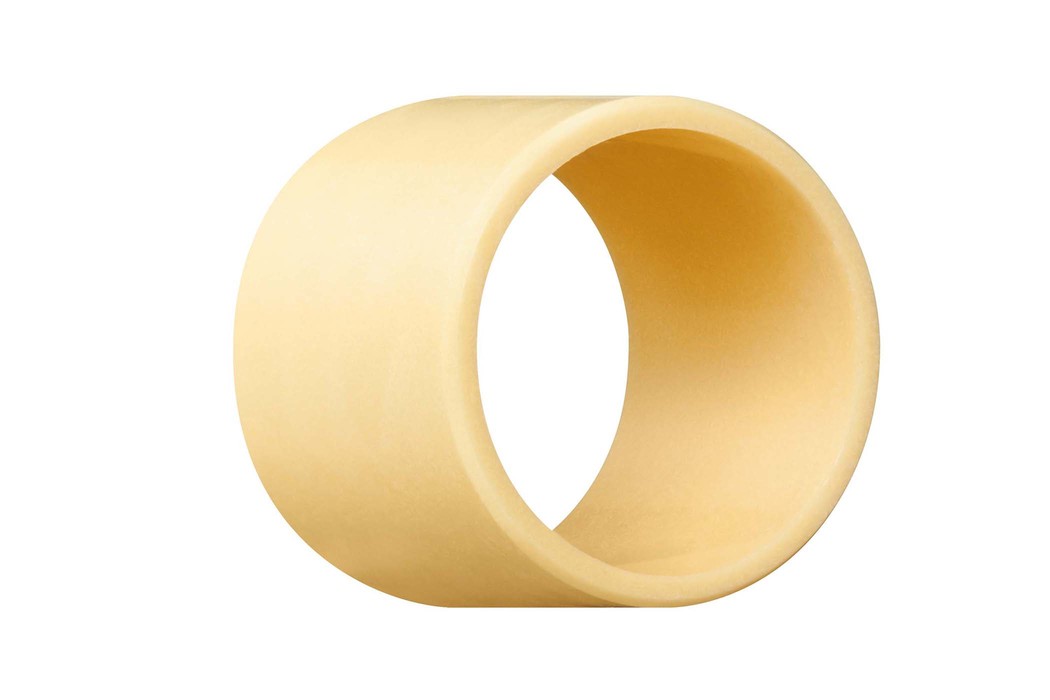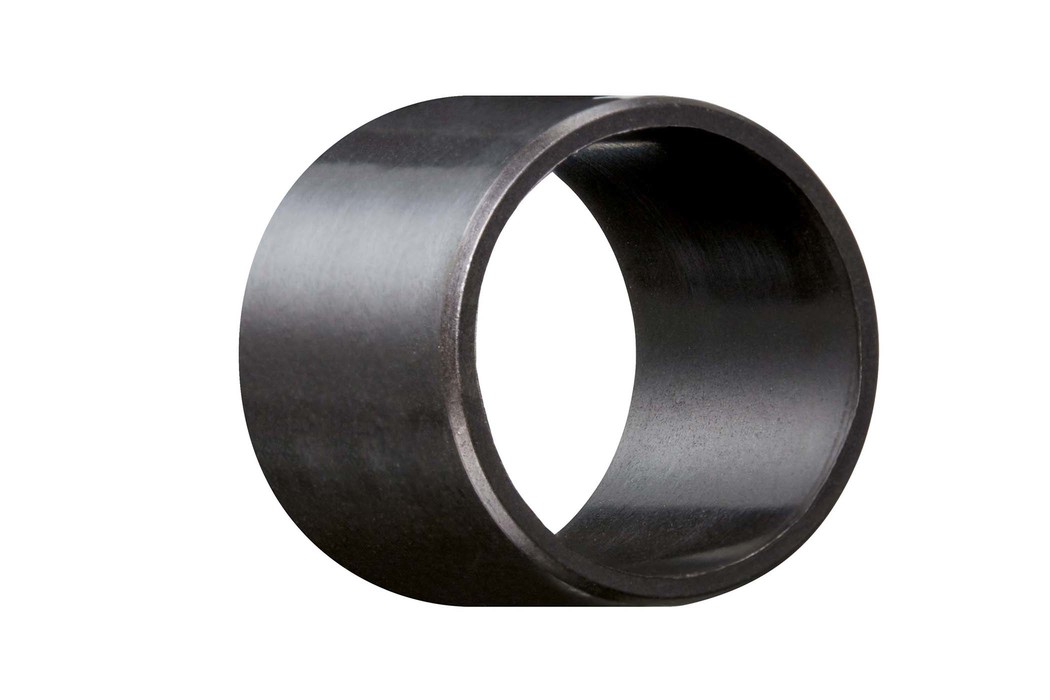Material Hub > Materialien
Materialien
-
Kategorie ThermoplasteEinsatztemperatur -200 – 80 °CDichte 0.96 g/cm³
-
Kategorie ThermoplasteEinsatztemperatur -200 – 80 °CDichte 0.96 g/cm³
-
Kategorie ThermoplasteEinsatztemperatur -200 – 80 °CDichte 0.95 g/cm³
-
Kategorie ThermoplasteEinsatztemperatur -200 – 80 °CDichte 0.94 g/cm³
-
Kategorie KunststoffeEinsatztemperatur -40 – 115 °CDichte 1.2 g/cm3
-
Kategorie KunststoffeEinsatztemperatur –Dichte –
-
Kategorie KunststoffeEinsatztemperatur -30 – 80 °CDichte 1.14 g/cm3
-
Kategorie KunststoffeEinsatztemperatur -30 – 80 °CDichte 1.14 g/cm3
-
Kategorie KunststoffeEinsatztemperatur -30 – 80 °CDichte 1.14 g/cm3
-
Kategorie KunststoffeEinsatztemperatur -30 – 80 °CDichte 1.14 g/cm3
-
Kategorie KunststoffeEinsatztemperatur -30 – 80 °CDichte 1.14 g/cm3
-
Kategorie KunststoffeEinsatztemperatur -40 – 115 °CDichte 1.2 g/cm3
-
Kategorie KunststoffeEinsatztemperatur -40 – 115 °CDichte 1.2 g/cm3
-
Kategorie KunststoffeEinsatztemperatur –Dichte –
-
Kategorie KunststoffeEinsatztemperatur –Dichte –
-
Kategorie ThermoplasteEinsatztemperatur -50 – 90 °CDichte 1.49 g/cm³
-
Kategorie ThermoplasteEinsatztemperatur -100 – 250 °CDichte 1.44 g/cm³
-
Rhenolease® Lotusilk 19-s-M (Verschleißschutzschicht und Polysiloxan)
Rhenotherm Kunststoffbeschichtungs GmbH
Kategorie KunststoffbeschichtungEinsatztemperatur -50 – 150 °CDichte – -
Rhenolease® Lotusilk 19 Serie (Verschleißschutzschicht und Polysiloxan)
Rhenotherm Kunststoffbeschichtungs GmbH
Kategorie KunststoffbeschichtungEinsatztemperatur -50 – 150 °CDichte – -
Rhenolease® PC 11636CP (Verschleißschutzschicht mit einer Härte von bis zu 1100 HV 0,3 und Polysiloxan)
Rhenotherm Kunststoffbeschichtungs GmbH
Kategorie KunststoffbeschichtungEinsatztemperatur -40 – 200 °CDichte –








